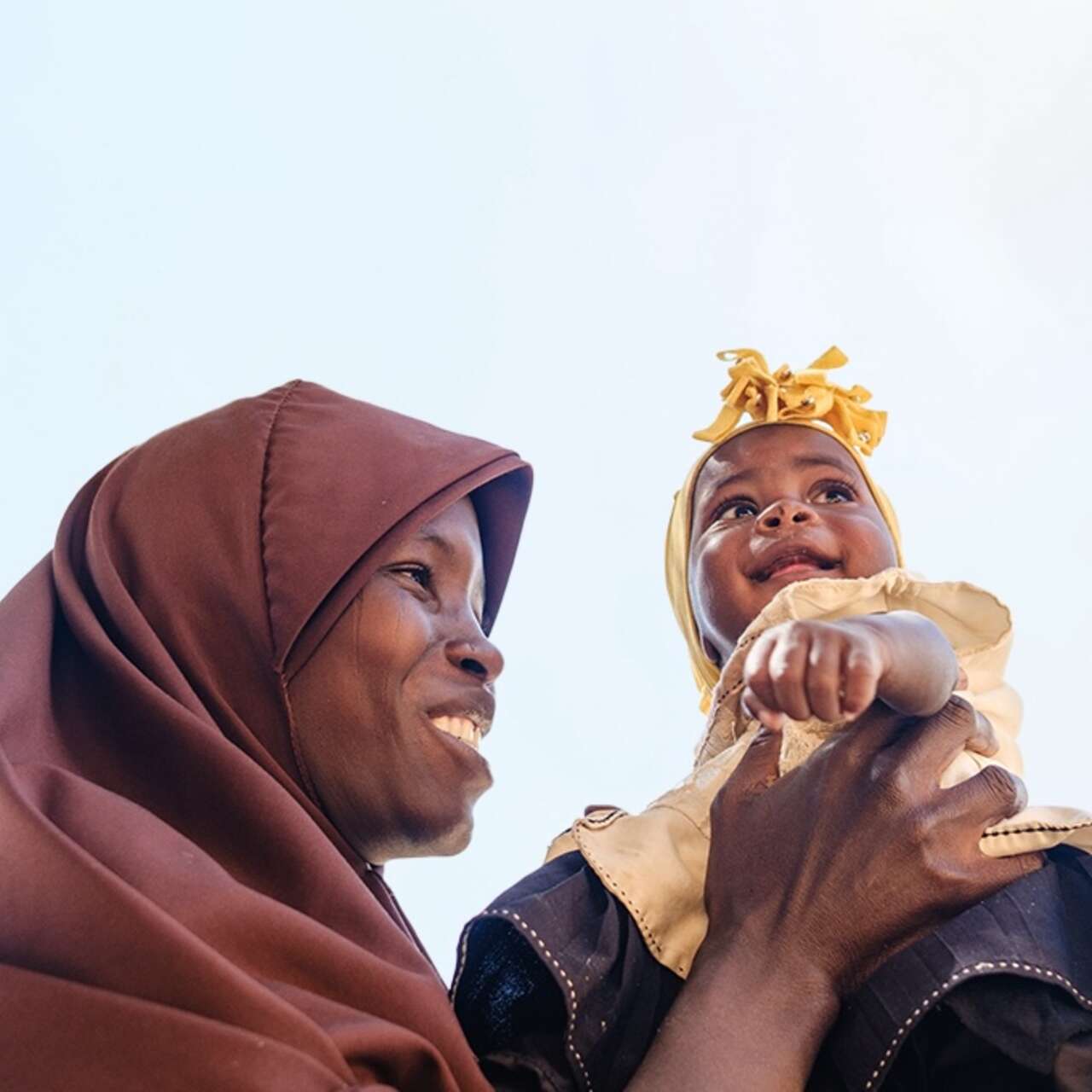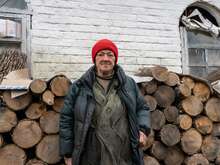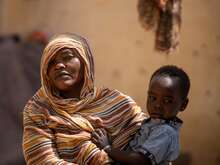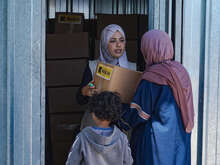Who We Are
In 1933, Albert Einstein and a small group of humanitarians formed what would become the International Rescue Committee. Today, we deliver lasting impact by providing health care, helping children learn, and empowering individuals and communities to become self-reliant, always with a focus on the unique needs of women and girls. Our work spans more than 40 crisis-affected countries, and we provide resettlement, asylum, and integration services in communities across the United States and Europe, including working with refugees rebuilding their lives in the United Kingdom.
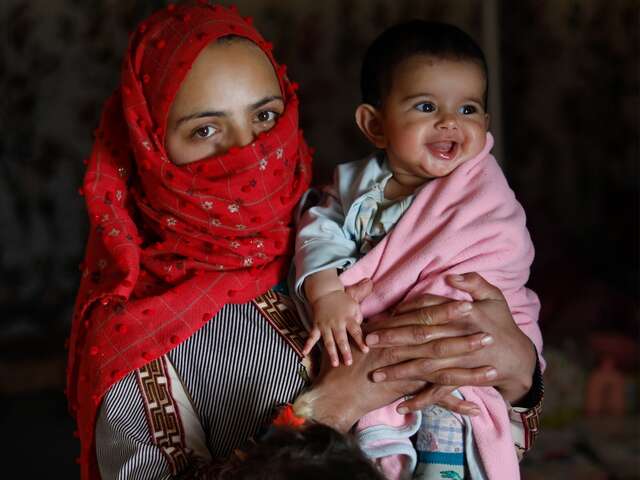
Our global impact
With a record number of people displaced worldwide, the need for humanitarian aid has never been more urgent. Each year, the IRC reaches millions of people impacted by crises. In 2024, this included:
The power of one gift
Follow the journey of a donation as it transforms from a simple monetary gift into tangible aid, providing food, clean water, medical care, and hope to individuals and communities devastated by crises.
Urgent crises
Donate to fund life-saving aid. Help us get urgent food, medical aid and supplies to where it is needed most
